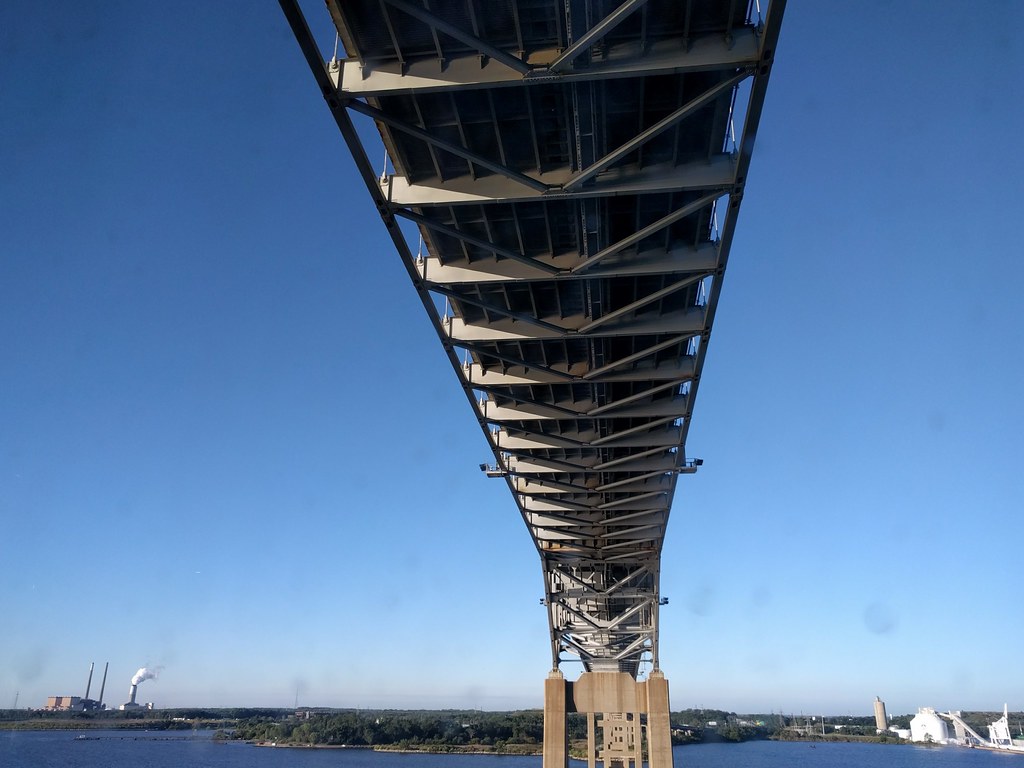
A container ship lost control and hit there Francis Scott Key Bridge in Baltimore, destroying the bridge, killing at least six people, and closing the Port of Baltimore. How will this tragedy affect supply chains in the United States and beyond?
More than $80 billion in international cargo flowed through the port in 2023. There were 440,000 passengers, and Baltimore is the largest vehicle-handling port in the nation. 8,000 jobs have been immediately affected, and the ripples from this event can be expected to spread much farther over time.
In addition to vehicles and parts, the largest category of both imports and exports for Baltimore, the post also handles machinery, fuel, aircraft and parts, and many more consumer goods.
Abe Eshkenazi, chief executive of the Association for Supply Chain Management, told The Washington Post that the closing of the port is “one more disruption in an already-stressed system.”
The system in question is the global supply chain.
Spreading ripples
The global supply chain has already been strained by political upheaval in the Suez Canal and climate change in the Panama Canal. Disruption from the COVID-19 pandemic and the invasion of Ukraine created enormous problems before those crises.
Ships headed for the Port of Baltimore are being rerouted to other ports, including Philadelphia. The additional congestion at those ports will have effects. Ships that had containers to pick up in Baltimore after unloading will not be able to complete their intended routes, and their adjustments will also affect other ports.
Then, given the enormous volume of cargo in the shape of cars that is handled in Baltimore, supplies of vehicles will probably slow down all along the automative supply chain, including dealers. Agriculture will be affected by the agricultural machinery that flows into Baltimore. Sugar and coffee, while lower volume than vehicles and machinery, rely heavily on Baltimore. Prices are likely to increase and supplies may be diminished.
Land travel along the Eastern seaboard will also be affected by the collapse of the bridge, since it is part of a major route for cars. About 11.3 million cars cross it each year. This could be particularly noticeable over the Easter weekend, but will have long-term effects as well.
Optimism
Material Handling and Logistics News sounds a note of optimism. During the pandemic, problems with a single South Asian supplier of yeast packaging created a yeast shortage across the United States.
Since then, MH&L believes, we’ve gotten better at handling supply chain disruptions. Oxford Economics doesn’t expect the bridge collapse to have a significant effect on the U.S. economy, though it may result in higher prices for cars.
